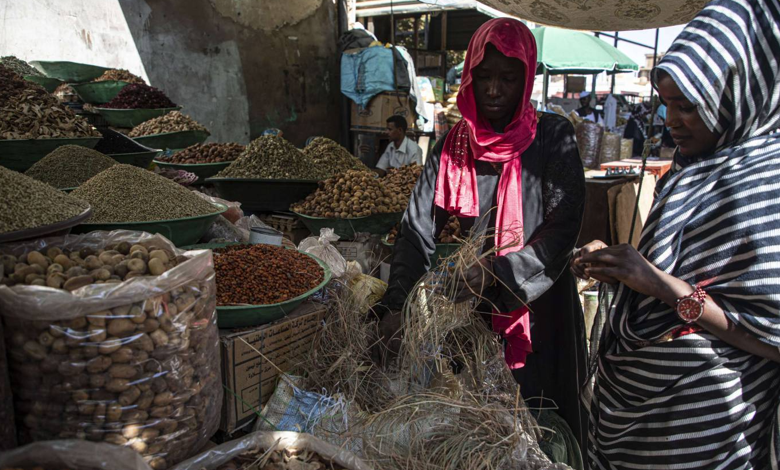Sudanese importers warned of scarcity of goods

Importers in Sudan have warned of the scarcity of goods in the coming period, describing the current import movement as semi-stalled, and saying that most of the existing imports are due to previous contracts. Citizens complain of an escalating crisis in the scarcity of staple commodities, especially incinerators and wheat, owing to the lack of import of the necessary quantities in parallel with the decline in foreign exchange liquidity.
The Central Bank of the Sudan has issued new import procedures and controls, allowing the use of all payment methods other than advance payment and excluding the import of medicines, medical supplies, raw materials of the industry and packaging materials for medicines, as well as goods whose contracts include the requirement to pay a portion of the provider by mixed payment.
A number of importers reported a definitive cessation of imports due to fluctuating exchange rates in particular. In contrast, some traders continue to complain about the challenges of importing goods due to the lockdown in the East over the past period, the loss of confidence of global companies over fears of a resurgence of Port Sudan’s closure and higher deportation costs.
Importer and former member of the National Importers’ Chamber Qasem Sadiq said that the exchange rate was the root cause of the general recession and the decline in purchasing power, and the escalating foreign exchange rate increases to the pound were behind significant importers’ losses. Al-Sadiq stressed that the escalation of exchange rates confuses the movement of selling in the markets, especially since, in conjunction with the cost and inflation, citizens’ income remains constant and consumers are forced to buy basic needs only according to a list of priorities.
He pointed out that this results in some goods remaining locked in importers’ warehouses affected by a recession, while the consumer is forced to reduce the quantity of purchases even for essential goods. The sudden fall in the dollar price also confuses the distribution of goods, where imported goods are at high dollar prices and the trader refrains from selling them.
He noted that the frequent port failures resulted in the long clearance period and the importer’s entry into losses due to fines imposed on him by shipping agents and the Seaports Authority in addition to the fact that ships often take refuge in disposing of containers bound for Port Sudan by disembarking them in the port of Jeddah, These containers await their role on their new trip to Port Sudan after shipments are damaged, especially food.





